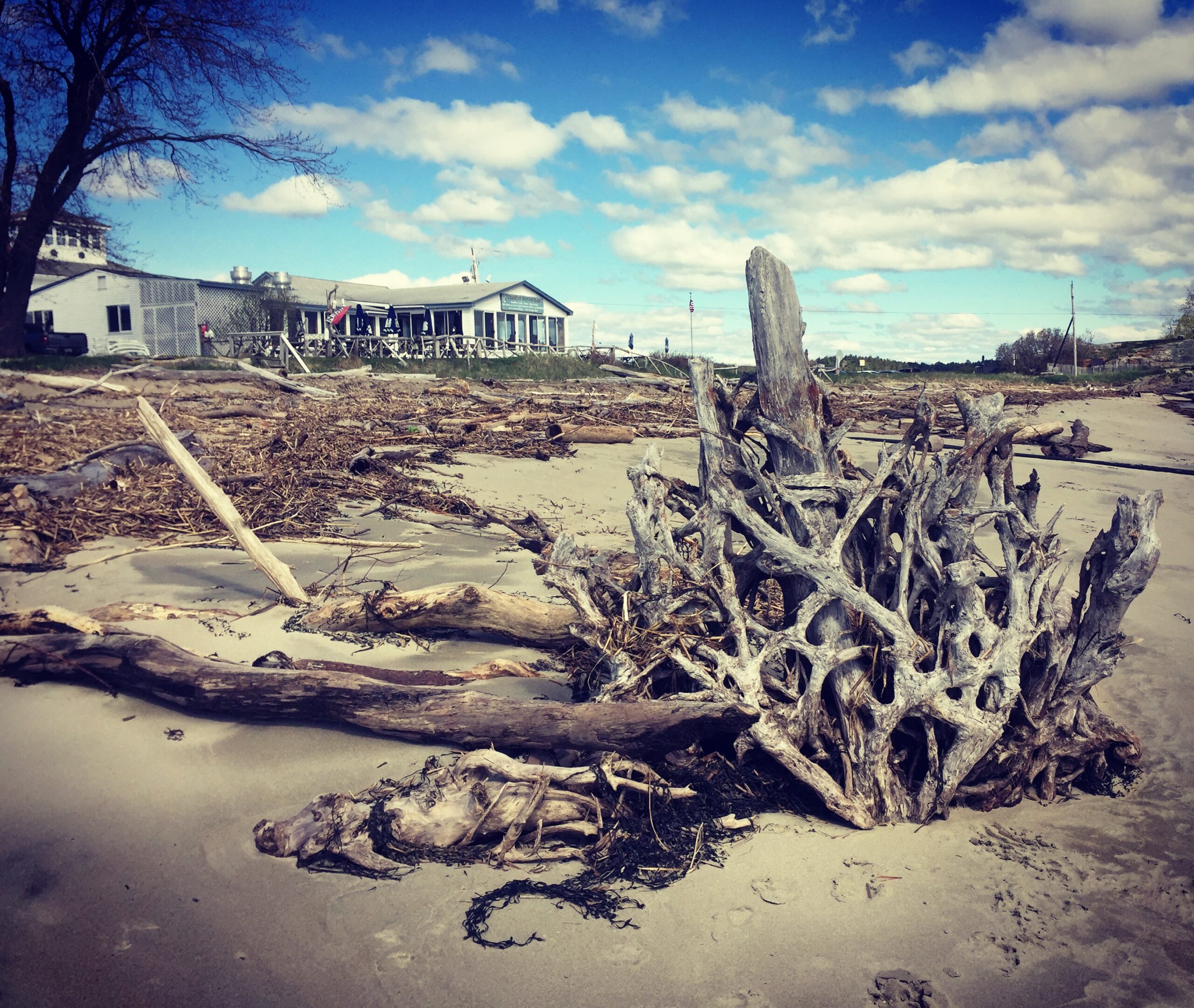
How can we place the personal experiences of Estonians in the historical context in which people have tried to understand the nature and meaning of freedom? Human beings are remarkable (and quite flawed) creations. We are rooted in several critical biological constraints while also possessing important biological gifts (or, perhaps, burdens). The primary gift or burden is often defined as our capacity for transcendence—or existential awareness. We are born, we mature, and we die. All of us try to make sense of these several stages in the brief life we live because we have been given the capacity of transcendence: we can recognize and understand the implications of our own finite existence in a vast continuum of time and space. We are blessed with awareness and cursed with the angst that is associated with this awareness.
If we are fortunate, we have the opportunity to face and test these implications in a social/political context of freedom. We are allowed and often encouraged to explore freely our thoughts, our feelings, our values, and our aspirations. We can act freely upon those thoughts, feelings, values, and aspirations within the context of our social responsibility to the welfare of other people and the natural world. These are the optimal conditions of freedom—being both a source of great joy and gratification and a source of anxiety and disillusionment. The polarity that exists when we face freedom is quite remarkable and can readily lead to a swinging back and forth between joy and sorrow.
Since philosophers first began to articulate the significance of freedom, there has been an expressed recognition of its dual aspects: personal/internal and political/external. Prometheus inspires the philosophical dialogue:
Prometheus’ external condition is the ultimate symbol of enslavement; he is nailed to the racks of hell in ‘fetters unbreakable of adamantine chain’ for ten thousand years, at the will of his angry master, Zeus. And yet, in spite of his horrible outward suffering and indignity, his will remains unbroken. He has inner freedom…. The nature of that inner freedom … [is] strength of will to resist any enslavement of the soul, it is control over one’s mind and a refusal to be ruled by the minds of others” (Patterson, 1991, p. 167).
The challenge in our time is not unlike that faced by Prometheus: finding freedom midst constraint.








